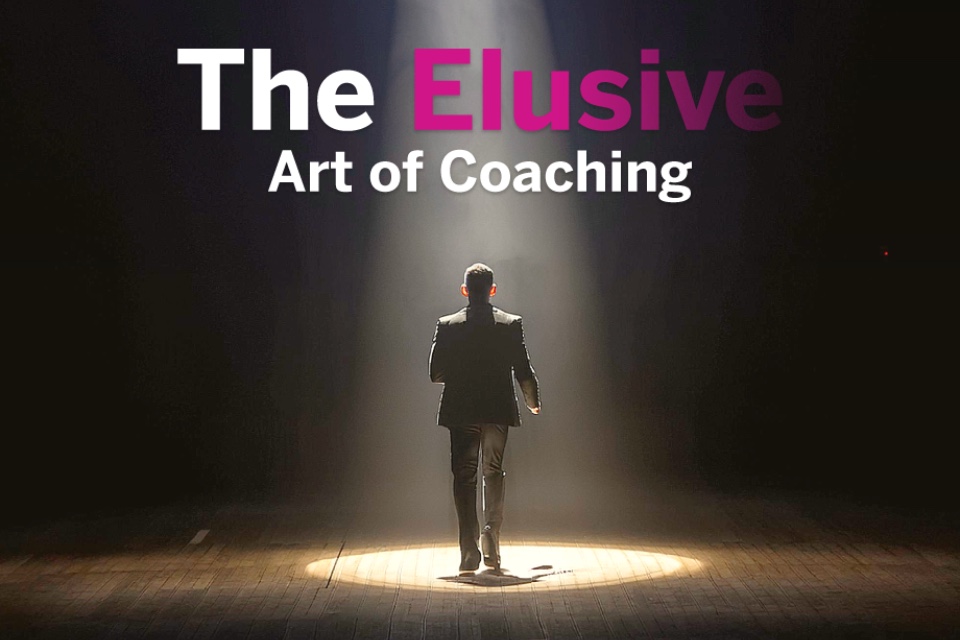Organisations must build graduate programmes with long-term business needs at their heart, according to the latest research from Alexander Mann Solutions.
Its white paper, The Next Chapter: Your New Global Graduate Programme, which is based on quantitative research and in-depth interviews with global brands including Rolls-Royce, GE, HSBC and Citi, amongst others, highlights how organisations are increasingly harnessing sophisticated talent analytics and implementing workforce planning strategies to build the workforces of tomorrow.
The research also reveals the importance of authentic messaging when engaging with the graduate talent needed to build these future-fit workforces, and the danger of ‘broad brush generalisations’ when targeting millennial and gen-z professionals.
Commenting on the research, Sandrine Miller, Global Head of Emerging Talent Consulting at Alexander Mann Solutions, said:
“Rather than simply accepting a requisition for ‘x’ number of graduates in a particular department in the following year, organisations are asking what these hires will be doing and looking closely at the longer term picture to establish what sort of roles these graduates will move into once their initial programme is completed.”
“To do this, companies are implementing effective workforce planning strategies through close engagement with the business and the use of sophisticated data gathering and analysis. However, despite this growing focus on getting graduates into ‘real’ jobs as soon as possible, there is also a general belief that hiring must be done not just on the basis of established or potential technical skills, but also on the ‘softer’ skills seen as essential for an increasingly fast-paced and unpredictable world. While skills forecasting can get a business so far in future talent strategy, hiring for competencies such as adaptability, curiosity and the ability to work as part of a team ensures that workforces can adapt to future uncertainty.”






